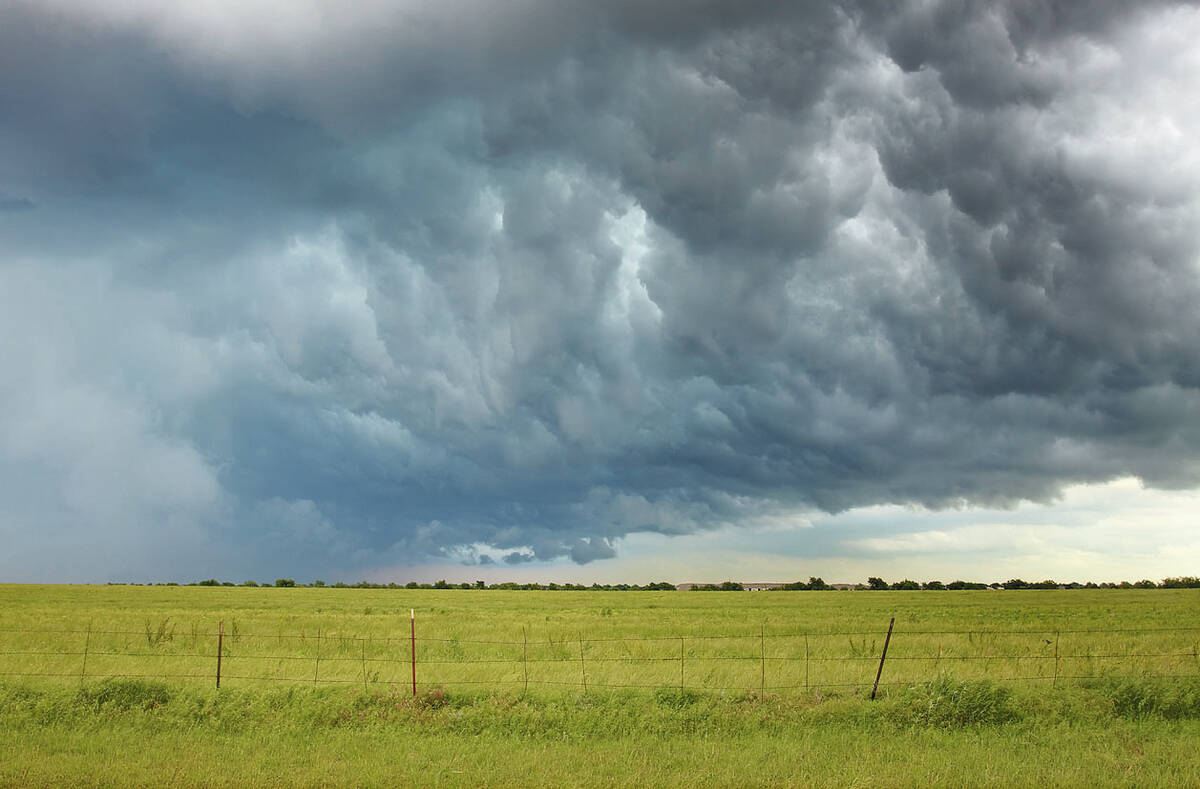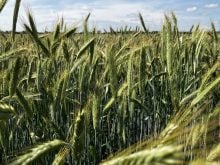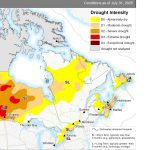Quebec’s end to a ban on the sale of butter-coloured margarine, combined with a commitment by federal and provincial agriculture ministers to strengthen rules against interprovincial trade barriers, should bring freer trade between provinces, says a leader of the vegetable oil industry.
But instead, Vegetable Oil Industry of Canada president Sean McPhee is worried that provinces with a dairy sector to protect may find new, less obvious ways to shield it from competition.
“With the possibility of a Doha (World Trade Organization) deal that will lower protection, I think the industry will be looking for domestic ways to shore up their historic privileged position,” he said.
Read Also

Claims filed in Alberta hailstorm aftermath
The numbers are still coming in for the cost of the damage caused by a huge hail storm that hit various areas of Alberta Aug. 20.
“I would hope we can get a stronger national agreement on trade rules to deal with that but I think we are still dealing with a heavily protectionist bias in Eastern Canada as opposed to the free trade bias of Western Canada.”
Don Jarvis, president of the Dairy Processors Association of Canada, shares the same concern about new interprovincial trade barriers co-existing with rhetoric about increased domestic free trade.
He said there is a contradiction in Quebec’s position.
Quebec has agreed to resolve years of standoff with western provinces by ending the coloured margarine ban after losing a 2005 dispute panel decision under the Agreement on Internal Trade.
At the same time, Quebec agriculture minister Laurent Lessard promised dairy farmers that the province will implement milk content regulations in dairy products that will be higher than rules proposed for the rest of Canada.
Jarvis said that is simply another trade barrier.
Still, Quebec’s margarine decision is good news for Canada’s vegetable oil producers, said McPhee. Canadian margarine manufacturers use oil from canola, soybeans, sunflowers, flax and imported palm as the basic ingredient.
















